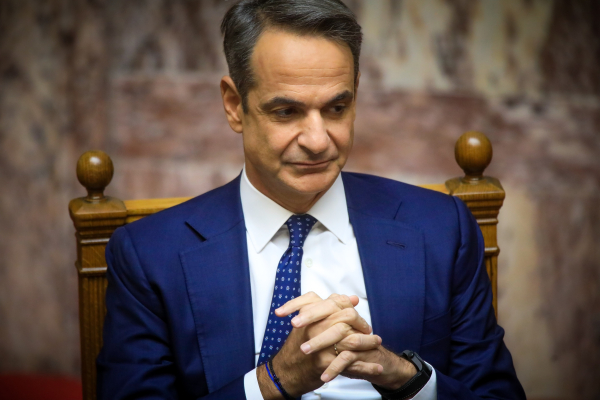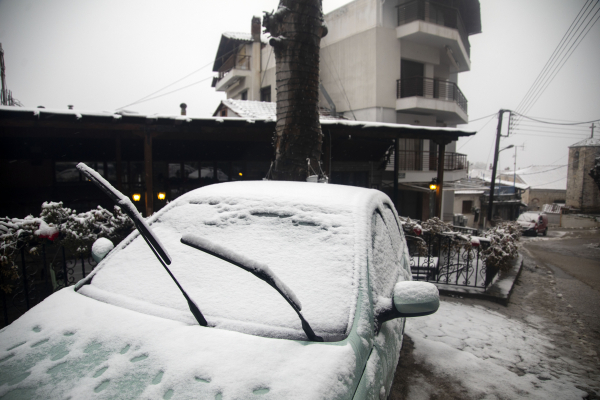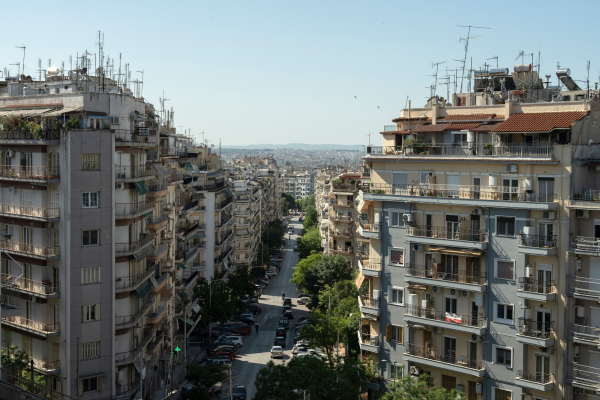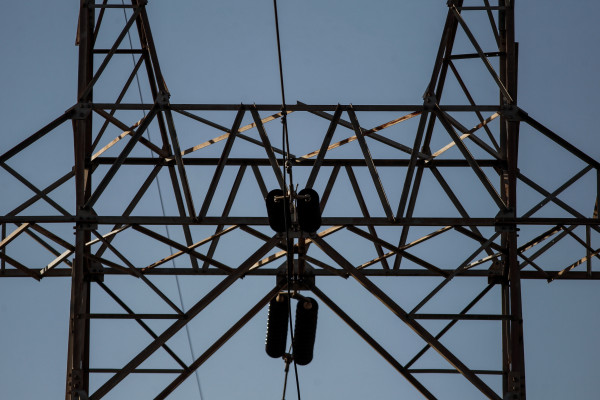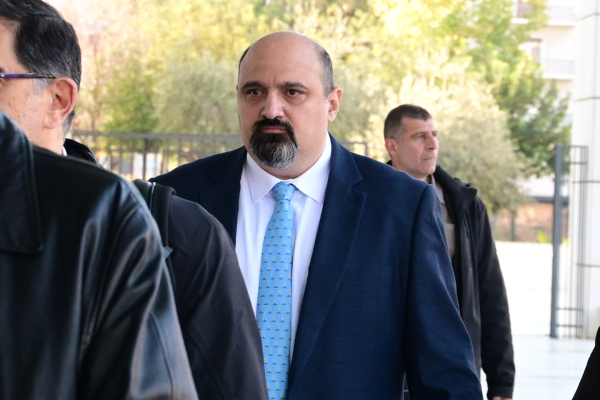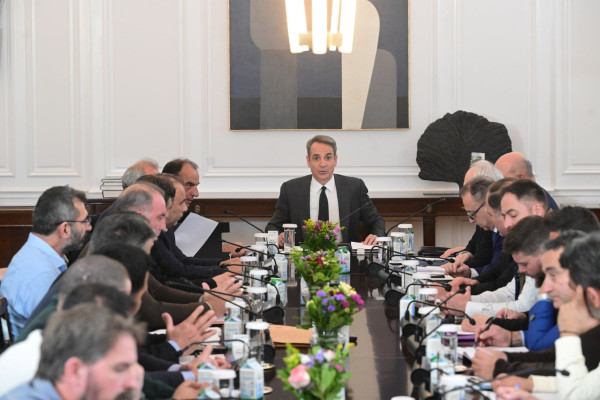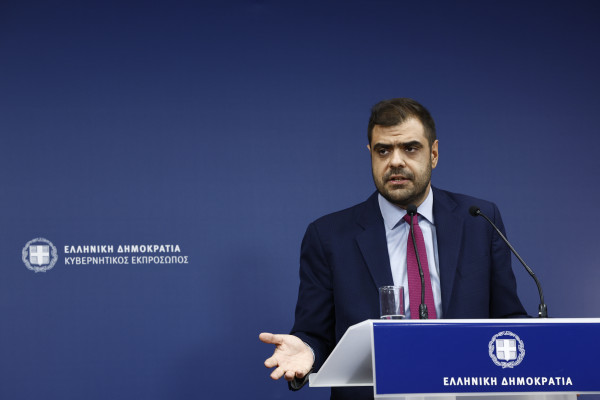The Greek government’s decision to sideline a parliamentary pre-investigative committee examining former Deputy Minister Christos Triantopoulos has ignited a political firestorm. Opposition parties, legal experts, and families of the victims of the Tempi train disaster have condemned the move, accusing the government of orchestrating a political cover-up to shield high-ranking officials from scrutiny. The government’s handling of the case has been described as a calculated maneuver to control the political damage stemming from the tragedy.
Despite growing backlash, the government has remained resolute in its position. Government spokesman Pavlos Marinakis defended the move, calling Triantopoulos’ request to bypass the committee a “brave decision.” He insisted that the government’s stance was legally sound, arguing that the pre-investigative committee would still vote on the request. However, critics have pointed out that given the government’s parliamentary majority, the outcome is effectively predetermined.
The opposition has responded with fierce criticism. The PASOK party, through spokesman Kostas Tsoukalas, accused Prime Minister Kyriakos Mitsotakis and his ruling New Democracy party of manipulating democratic institutions to serve their own interests. Tsoukalas referenced Mitsotakis' statements in 2018, questioning, “How many times will Mr. Mitsotakis contradict himself? How many times will he insult the intelligence of Greek citizens?” He denounced the prime minister’s “arrogance and deception”, warning that constitutional processes should not be molded to fit political and communication needs.
The left-wing SYRIZA party went further, accusing the government of an outright escape maneuver designed to protect Mitsotakis and his ministers from testifying. In a statement on March 19, SYRIZA condemned the government’s refusal to submit case files to Parliament, its efforts to block the expansion of charges against Triantopoulos, and what it called yet another attempt to bury the truth about the Tempi disaster. The party vowed to resist any effort to obstruct justice, arguing that accountability must reach the highest levels of government.
Zoe Konstantopoulou, leader of the Plefsi Eleftherias (Course of Freedom) party, issued an even harsher denunciation, describing the government as “rotten” and in its final days. She accused the prime minister of manipulating the judiciary to ensure that a judicial panel, rather than a parliamentary inquiry, would determine accountability. She called on the prime minister and his ministers to declare their readiness to stand trial and resign. Drawing comparisons to recent political consequences in Serbia and North Macedonia, where officials resigned or were imprisoned following scandals, she stated, “Only in Greece do those with blood on their hands walk around like lords.”
The controversy deepened when SYRIZA MP Efi Achtsioglou accused the government of avoiding a proper pre-investigative process to keep the Tempi tragedy out of the public spotlight. She questioned whether the constitutional authority responsible for criminal prosecution could be bypassed, warning that failing to conduct a parliamentary inquiry could lead to a legal loophole allowing Triantopoulos to escape justice.
Beyond the political battle, constitutional law experts have strongly criticized the government’s approach, overwhelmingly condemning it as unconstitutional and legally dubious. One of the most vocal critics, Professor Nikos Papaspirou, described the government’s move as “highly problematic”, emphasizing that a parliamentary inquiry is a constitutional obligation, not a choice. He warned that bypassing this stage could undermine the legitimacy of any final judicial ruling, stating that excluding Parliament from investigating ministerial crimes distorts transparency and weakens institutional checks and balances.
Legal scholar Xenophon Kontiadis dismissed the claim that Triantopoulos’ request was an act of courage, instead calling it “deceptive and naïve.” He warned that allowing Parliament to be sidelined would mean that crucial evidence that could emerge from a thorough investigation would remain hidden. Similarly, constitutional expert Akritas Kaidatzis called the request “outrageous and blatantly deceptive”, arguing that it effectively asks Parliament to press charges without conducting a pre-investigation, which could render any eventual prosecution invalid. If the case were to reach Greece’s Special Court under these conditions, he predicted it would be thrown out for failing to follow constitutional procedures.
Prominent legal expert Charalambos Tsiliotis also condemned the move as “blatantly unconstitutional and suspicious”, emphasizing that under Article 86 of the Greek Constitution, Parliament serves as the prosecutorial body responsible for conducting a pre-investigation before deciding on prosecution. He stressed that Parliament “cannot abandon this duty any more than a public prosecutor could refuse to conduct an investigation.”
The only major constitutional scholar to support the government’s stance was Nikos Alivizatos, who argued that referring the case directly to the judiciary would help “judicialize” the process, ensuring that ministerial responsibilities are properly examined in court. However, his view remains a minority position among Greek legal experts.
With tensions running high, the pre-investigative committee—dominated by New Democracy lawmakers—is expected to swiftly conclude its proceedings, possibly as soon as Thursday. Once its findings are presented, Parliament is expected to approve them, officially triggering the judicial process.
The next step involves the formation of a judicial panel, selected through a parliamentary lottery within five days. A judge from Greece’s Supreme Court (Areios Pagos) will act as the lead investigator, summoning witnesses, reviewing case files, and questioning former minister Triantopoulos. Once the investigation is completed, the case will be forwarded to a prosecutor, who will decide whether Triantopoulos should stand trial. The final decision rests with the judicial panel, which will determine whether the case proceeds to the Special Court.


